It has been 10 years since Scots flocked to the polls to deliver an historic verdict that changed the country forever.
It was a unique moment. No longer was political debate confined to usual corridors of power. Across Tayside and Fife, the future of Scotland was debated with passion.
The lead up to September 18 2014 was dominated by a profound sense of history being made on a near daily basis. The first draft of which was captured across the pages of The Courier.
Over 3.6 million voted, 84.6% of those eligible – the highest turnout at a UK election since 1924. And for the first time, 16 and 17-year-olds were given a say.
Referendum captivated and polarised Scotland
Battle-hardened politicians more familiar to going door-to-door to motivate their supporters to the polling station were astounded as they instead struggled to find people who hadn’t voted.
But the lengthy campaign was as polarising as it was captivating, such was the gravity of the decision reduced to a simple “yes” or “no” tick box.
Those in favour of breaking away campaigned like their lives depended on it as what once seemed impossible moved painstakingly close to being a reality.
In contrast, those who wanted to remain part of UK were often left looking on in horror as they glimpsed the prospect of their fellow countrymen opting for what they viewed as an act of self-sabotage that attacked their identity as both British and Scottish.
Both campaigns promised a better Scotland
A minority resorted to vicious online abuse as they made their case, apparently liberated by the wild west of social media. Politics was coarsened and has never quite recovered.
The result on September 19 was clear. While Dundee and Glasgow voted to end the 300-year-old union, the country as a whole voted 55% to 45% against independence.
It was painful loss for lifelong independence campaigners, but it was obvious their progress in bringing Scotland to the brink of breakaway delivered a similarly clear verdict against the status quo.
A decade on, politics north of the border has changed permanently.
The referendum demonstrated that democracy is not just about a single moment in time. In its best form it empowers citizens to care, learn, and engage with their political future.
At least for now there is little prospect of the imminent second ballot promised repeatedly by the SNP leadership to a party membership frustrated by just how close they came.
The constitutional divide that has distracted politics as normal has too often left progress to stagnate.
Huge challenges lie ahead. As we simultaneously mark a quarter of a century of devolution, those charged with the brighter future both campaigns promised will have to rise to the task.
To do otherwise will betray both the trust placed in them and the lasting mandate for a better Scotland.
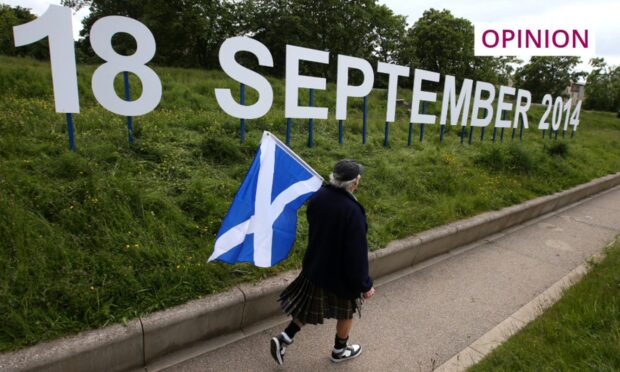
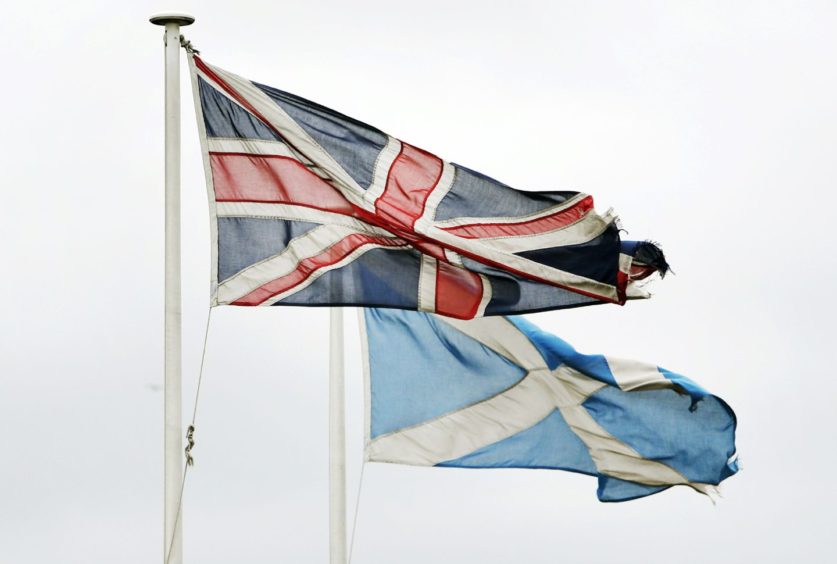
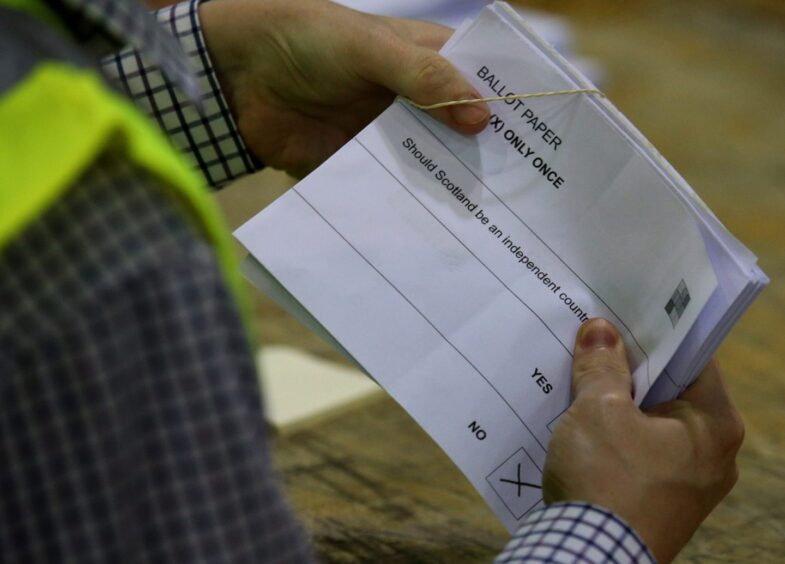
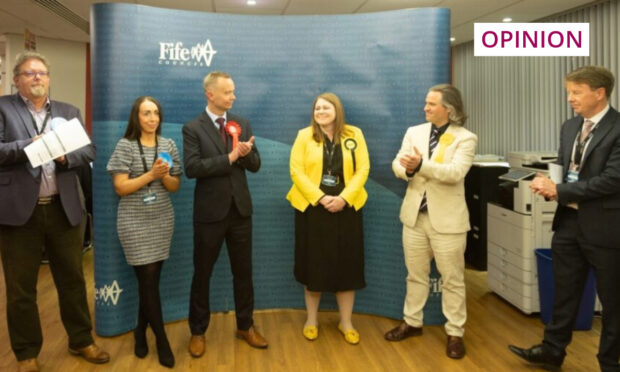
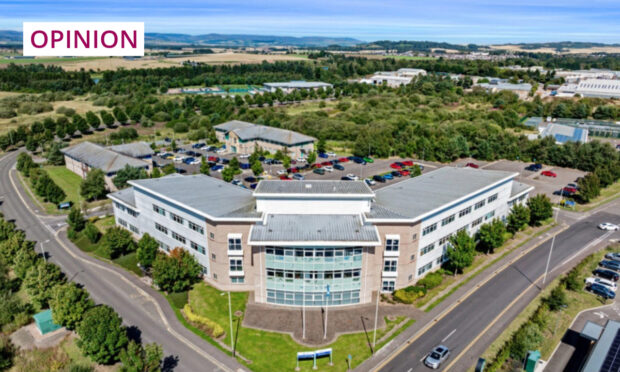
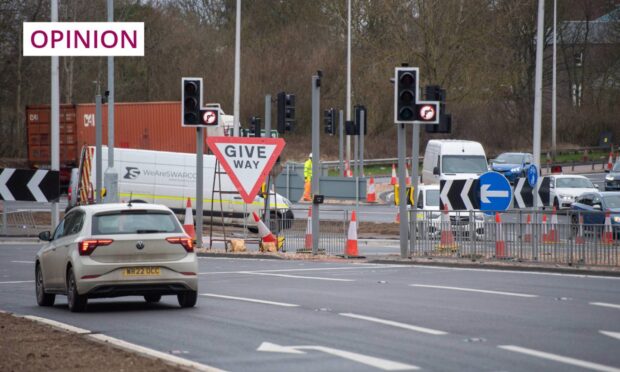
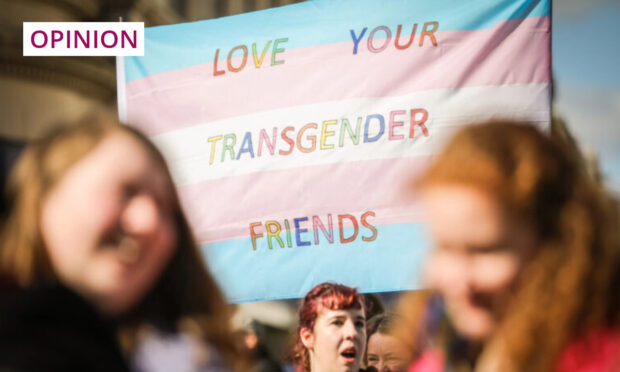
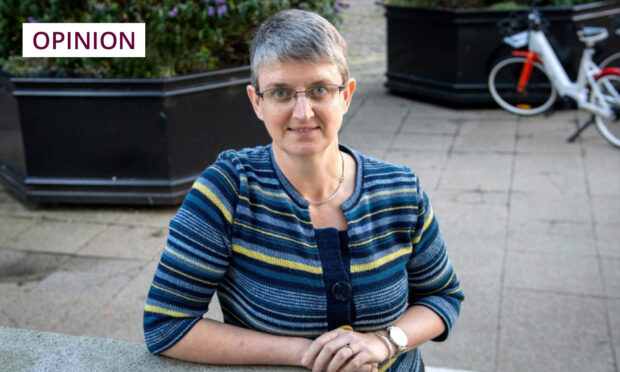





Conversation